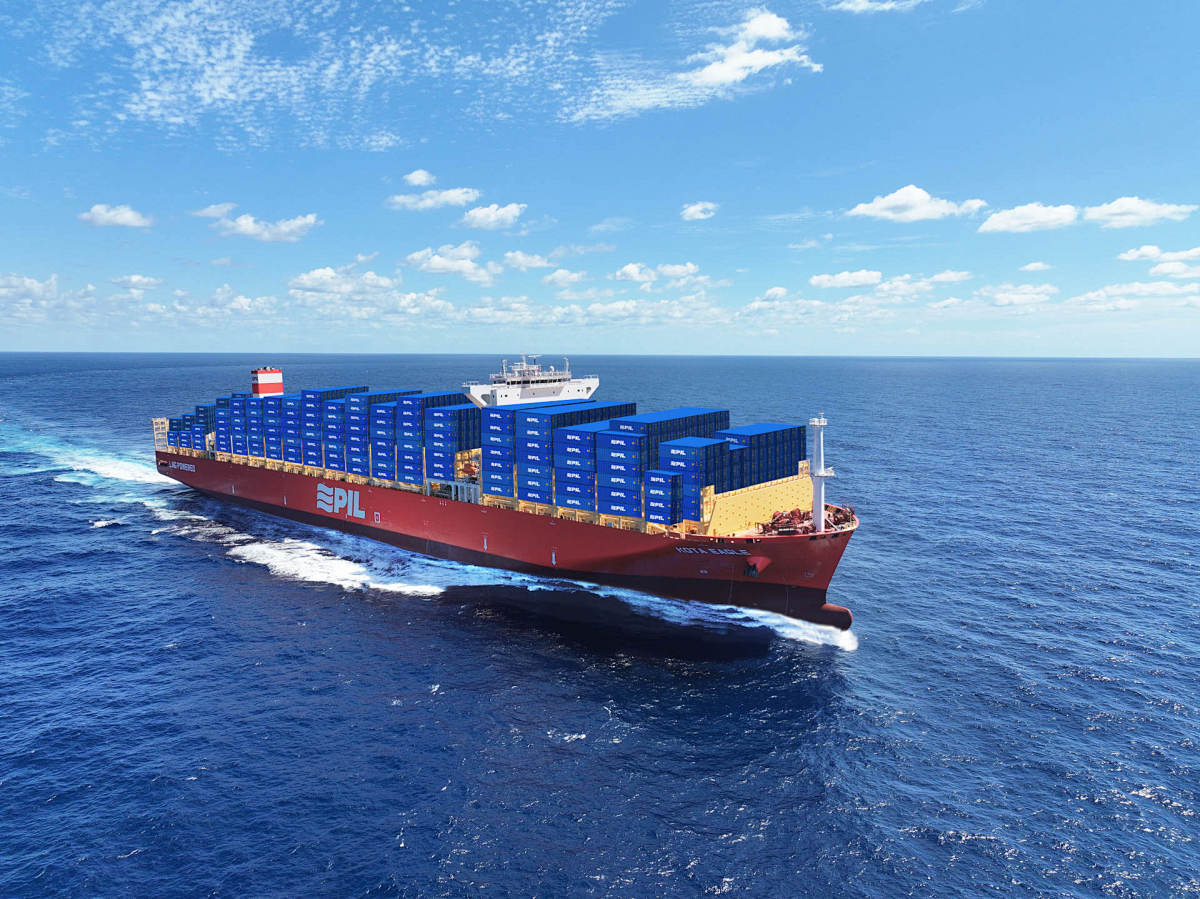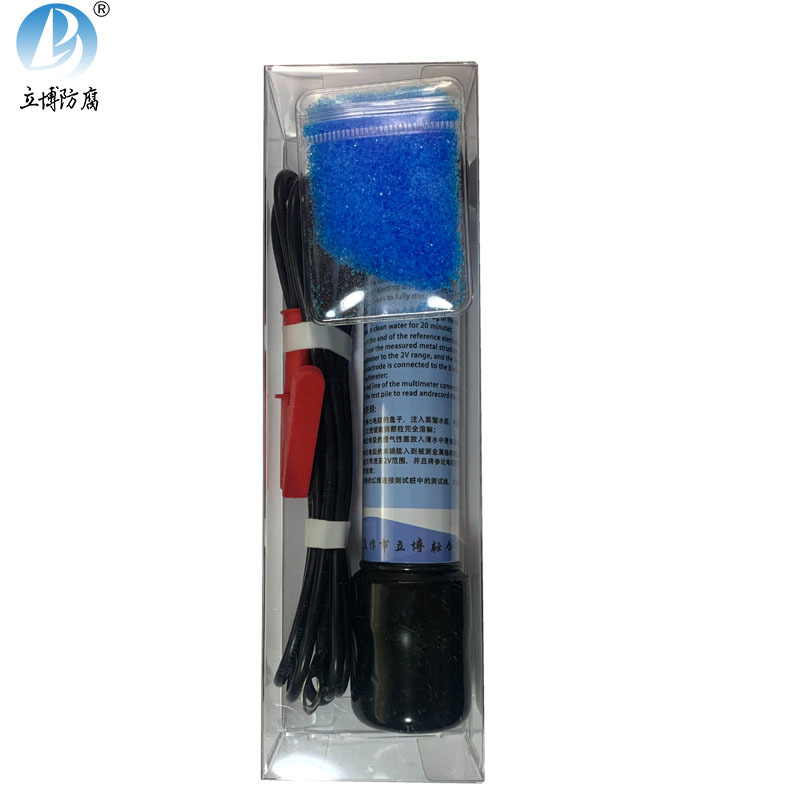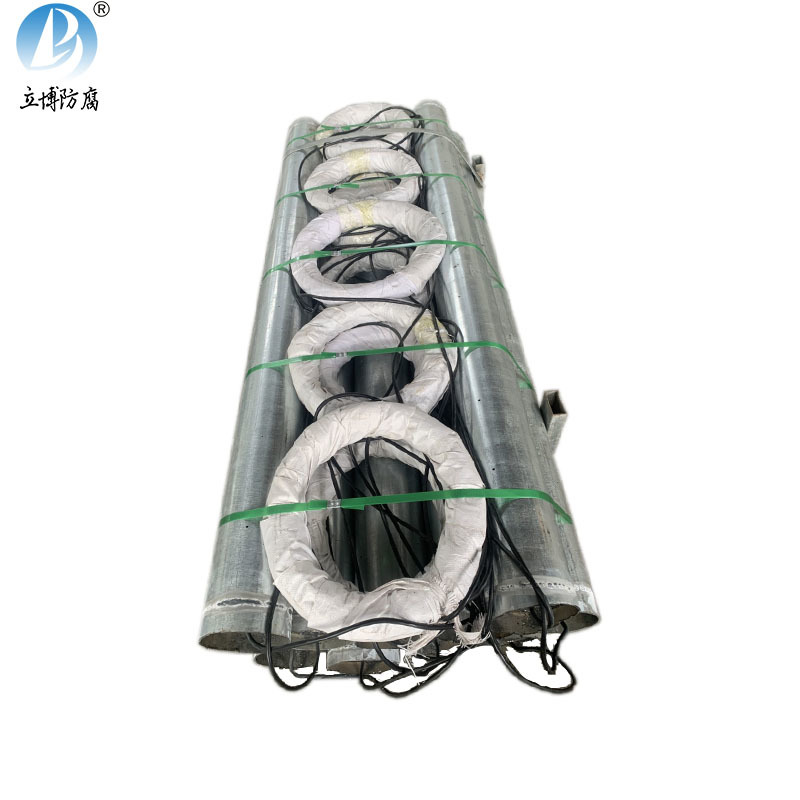The Science Behind High Potential Magnesium Anodes: Corrosion Resistance Explained
Release time:
2025-08-17
The Science Behind High Potential Magnesium Anodes: Corrosion Resistance Explained Corrosion is a significant challenge in various industries, particularly in construction and decoration materials. The integrity of structures relies heavily on their resistance to environmental factors, where high potential magnesium anodes have emerged as a leading solution. This article delves into the science be
The Science Behind High Potential Magnesium Anodes: Corrosion Resistance Explained
Corrosion is a significant challenge in various industries, particularly in construction and decoration materials. The integrity of structures relies heavily on their resistance to environmental factors, where high potential magnesium anodes have emerged as a leading solution. This article delves into the science behind these innovative materials, exploring their effectiveness in resisting corrosion and their applications across different sectors.
Understanding Corrosion: A Major Industry Challenge
Corrosion occurs when materials, typically metals, react with environmental elements, leading to deterioration. Factors such as moisture, salt, and pollutants can accelerate this process, resulting in costly repairs and reduced lifespan of structures.
Types of Corrosion Commonly Encountered
1. **Uniform Corrosion**: This is the most common type, where the metal surface deteriorates evenly due to chemical reactions.
2. **Pitting Corrosion**: Localized corrosion that leads to small pits or holes, which can be difficult to detect.
3. **Galvanic Corrosion**: Occurs when two different metals come into contact in the presence of an electrolyte, resulting in one metal corroding faster than the other.
4. **Crevice Corrosion**: Happens in confined spaces, often exacerbated by stagnant water.
Understanding these types of corrosion is crucial for implementing effective prevention strategies, such as the use of high potential magnesium anodes.
What Are High Potential Magnesium Anodes?
High potential magnesium anodes are sacrificial anodes made from magnesium alloys. They provide cathodic protection by sacrificing themselves to prevent corrosion of more noble metals in the system.
Composition and Properties of Magnesium Alloys
Magnesium alloys are chosen for their lightweight and high strength-to-weight ratio. The primary properties that make high potential magnesium anodes effective include:
- **Electrochemical Efficiency**: Magnesium has a high electrochemical potential, allowing it to provide effective cathodic protection.
- **Lightweight**: The low density of magnesium makes it ideal for various applications without adding excessive weight.
- **Cost-Effective**: Compared to other materials, magnesium anodes are relatively inexpensive to produce.
How High Potential Magnesium Anodes Work
The operation of high potential magnesium anodes relies on electrochemical principles. When the anode is connected to a metal structure, it creates a galvanic cell.
Electrochemical Reactions Explained
The process begins with the oxidation of magnesium, which occurs when it comes into contact with moisture and ions in the environment. This reaction produces magnesium ions, which enter the solution, effectively protecting the steel or other metals connected to the anode.
1. **Oxidation Reaction**:
Mg (s) → Mg²⁺ (aq) + 2e⁻
2. **Reduction Reaction**:
The electrons released from magnesium reduce the cathodic site on the protected metal, preventing corrosion.
This sacrificial action ensures that the magnesium anode corrodes instead of the more critical metal components.
Applications of High Potential Magnesium Anodes
High potential magnesium anodes are utilized in various industries, including:
Cathodic Protection in Marine Environments
In marine settings, structures like ships, piers, and underwater pipelines are susceptible to corrosion. High potential magnesium anodes are installed to protect these assets by providing an effective barrier against seawater corrosion.
Infrastructure Protection
Bridges, pipelines, and water tanks benefit from the implementation of high potential magnesium anodes. Their ability to mitigate corrosion extends the lifespan of these structures, reducing maintenance costs and increasing safety.
Oil and Gas Industry
In the oil and gas sector, high potential magnesium anodes are crucial for protecting offshore rigs and pipelines from corrosive environments. Their effectiveness ensures operational efficiency and safety in challenging conditions.
Advantages of Using High Potential Magnesium Anodes
The use of high potential magnesium anodes offers numerous benefits:
1. Enhanced Corrosion Resistance
The primary advantage lies in their ability to provide superior protection against corrosion, ensuring the integrity of vital structures.
2. Extended Asset Lifespan
By reducing corrosion rates, high potential magnesium anodes significantly extend the lifespan of structures, translating to long-term cost savings.
3. Low Maintenance Requirements
Once installed, these anodes require minimal maintenance, allowing operators to focus on other critical tasks without worrying about corrosion-related issues.
4. Environmentally Friendly
Magnesium is a naturally abundant material, making high potential magnesium anodes a more sustainable choice compared to other metal options.
Considerations for Effective Use of Magnesium Anodes
While high potential magnesium anodes are effective, certain factors must be considered to maximize their benefits:
1. Proper Installation
Proper installation is crucial for the effective functioning of magnesium anodes. Awareness of the specific site conditions and ensuring adequate contact with the structure is essential.
2. Regular Monitoring
Implementing a monitoring system to assess the anode's performance helps identify when replacements are necessary, ensuring ongoing protection.
3. Environmental Conditions
Understanding the local environment, including salinity and temperature, plays a critical role in determining the anode's effectiveness and lifespan.
Challenges and Limitations of High Potential Magnesium Anodes
Despite their advantages, high potential magnesium anodes face certain challenges:
1. Limited Lifespan in Harsh Conditions
In extremely aggressive environments, the lifespan of magnesium anodes may be reduced, necessitating more frequent replacements.
2. Compatibility Issues
Ensuring compatibility with surrounding materials is essential to prevent galvanic corrosion between dissimilar metals.
FAQs About High Potential Magnesium Anodes
1. How long do high potential magnesium anodes last?
The lifespan of high potential magnesium anodes varies based on environmental conditions, typically ranging from three to five years in marine environments.
2. Are high potential magnesium anodes suitable for freshwater applications?
Yes, high potential magnesium anodes can effectively protect structures in freshwater environments as well.
3. Can magnesium anodes be used in underground applications?
Absolutely, they are commonly employed in underground pipelines and tank protection.
4. How do I know when to replace my anodes?
Regular monitoring can help assess the remaining life of the anodes. Visual inspections and electrical measurements can provide indicators for replacement.
5. What is the difference between magnesium and zinc anodes?
Magnesium anodes are typically more effective in freshwater environments, while zinc anodes are preferred for seawater applications due to their slower corrosion rates.
Conclusion
High potential magnesium anodes represent a revolutionary solution in the fight against corrosion in various industries. Their lightweight properties, cost-effectiveness, and superior corrosion resistance make them an indispensable tool for extending the lifespan of critical structures. By understanding the science behind these anodes, their applications, and best practices, industries can effectively combat corrosion and enhance safety. As we continue to explore advancements in the field of corrosion prevention, high potential magnesium anodes will remain a critical component in safeguarding our infrastructure.
Key words:
Learn more about industry dynamics
The company's main products: magnesium alloy sacrificial anode series, aluminum alloy sacrificial anode series, zinc alloy sacrificial anode series, and cathodic protection supporting products, such as more than a dozen varieties and hundreds of specifications.
Focus on the development and production of cathodic protection materials
online message
We will contact you within one working day. Please pay attention to your phone or email.








